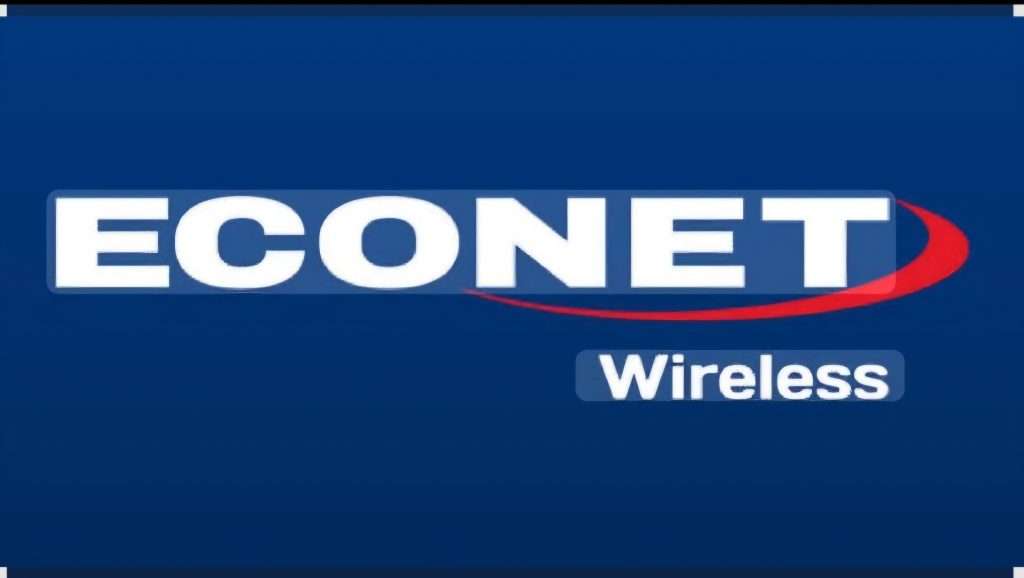Elon Musk, the visionary entrepreneur behind Tesla and SpaceX, has once again made headlines with his bold claims about the abundance of lithium ore throughout the earth.
In response to Chile’s plans to nationalize its lithium industry and Zimbabwe’s ban on raw lithium exports, Musk took to Twitter to state that lithium is a common resource and that refining capacity is what matters most in the industry.
Lithium, a soft, silvery-white metal, is a critical component in the production of lithium-ion batteries, which are used in electric vehicles, smartphones, and other electronic devices.
While Australia, Chile, and Argentina currently dominate the lithium market, several African countries also have significant lithium reserves.
According to the United States Geological Survey (USGS), the Democratic Republic of the Congo, Mali, and Zimbabwe are among the African countries with the largest lithium deposits.
Musk’s comments on the abundance of lithium have sparked a lively debate about the merits of nationalizing the resource. While some argue that nationalizing lithium could help protect a country’s natural resources and ensure that its people benefit from the profits generated by the mining industry, others point out that lithium is a common resource found in many countries.
This raises questions about whether nationalization would be effective in controlling the market or if it would simply lead to increased competition among countries with significant lithium reserves.
In his tweet, Musk emphasized the importance of refining capacity in the lithium industry. This is a crucial aspect of the industry, as it determines the efficiency and cost of lithium extraction and processing. Without adequate refining capacity, lithium producers may struggle to meet the growing demand for lithium-ion batteries.
Elon Musk tweeted “Lithium ore is very common throughout Earth. What matters is refining capacity.”
In conclusion, Elon Musk’s comments on the abundance of lithium and the importance of refining capacity have sparked a lively debate about the future of the lithium industry.
While nationalizing the resource may seem like a solution, the fact that lithium is a common resource found in many countries raises questions about the effectiveness of this approach. Instead, the focus should be on developing the necessary refining capacity to meet the growing demand for lithium-ion batteries sustainably and equitably. And who knows, maybe one day we’ll be mining lithium on Mars, but until then, let’s focus on improving the lithium industry on Earth.
More on the subject: https://www.reuters.com/world/africa/zimbabwe-bans-raw-lithium-exports-curb-artisanal-mining-2022-12-21/
Chery Bets big on South Africa with stylish new hybrid SUVs
In a bold move that signals both ambition and adaptability, Chinese automotive giant Chery has…
Shutdown of Food Lovers market stores signals deeper crisis at OK Zimbabwe
By Melody Korongwe The closure of Food Lovers Market outlets in Borrowdale and Avondale by…
Econet faces tough times as Starlink gains ground
By Melody Korongwe Zimbabwe’s leading telecoms giant, Econet Wireless, is struggling to maintain its grip…
Ruvimbo Vambe: Tammy’s Classic Foods and the journey to building a Modern Legacy
In a world where passion meets purpose, few stories resonate as powerfully as that of…
Chinese brands set targets on conquering new markets
A silent yet powerful transformation is reshaping the global food and beverage industry as Chinese…
Ruvimbo Vambe’s Tammy’s Classic Foods Rises Above the Odds
by Melody Korongwe Despite significant operational challenges, Tammy’s Classic Foods, a local food company, is…






